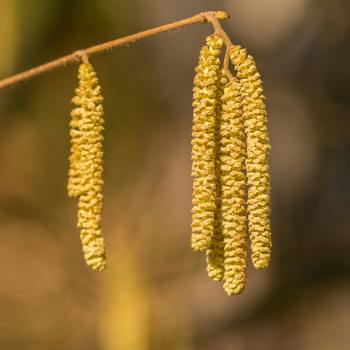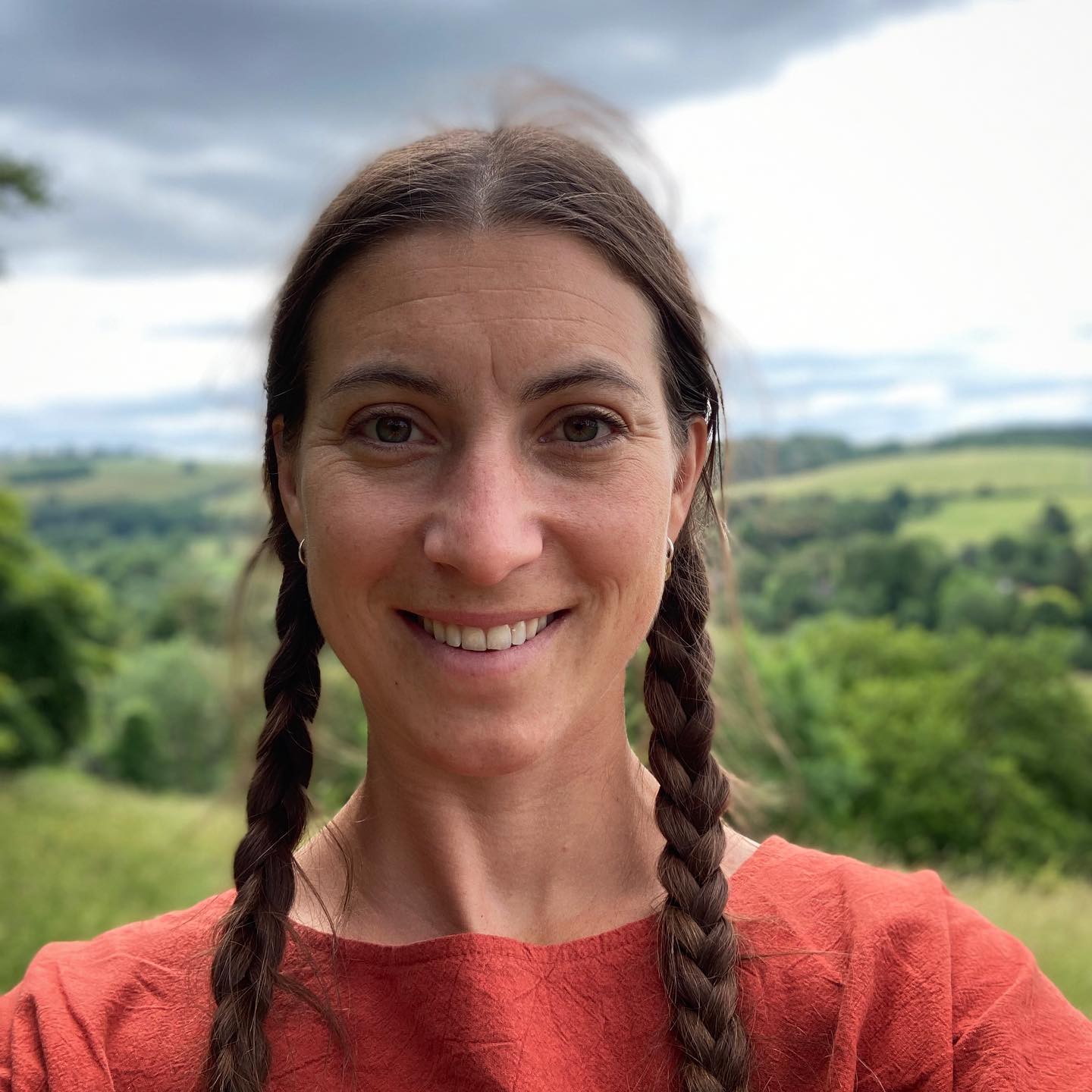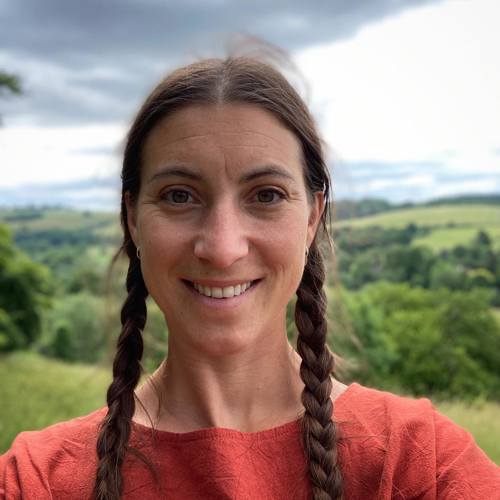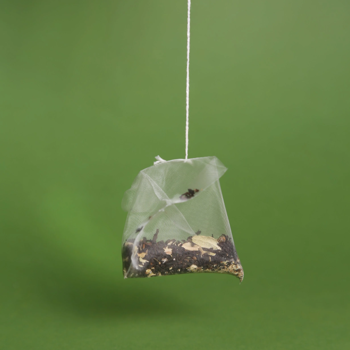
Catkin Season in the Pondhead Inclosure
Our resident forager Sammie turns her attention to the hazel catkins now brightening the Pondhead Inclosure

Hi! I’m Lindsey. I live in North Dorset with my partner and two small children, as well as spending time among the trees, I love water too – paddle boarding, sea swimming and snorkelling! I like to spend as much time as possible outdoors. I’m a beginner gardener, growing veg and flowers in our small allotment, and have lots of camping trips on the cards for autumn!



Forest Bathing is one of those things that probably lots of people do without realising or labelling it as ‘Forest Bathing’. As a grumpy teen and emotional young adult, I certainly sought out quiet alone time in nature. I would hide away in the woods and feel better after, it was only years later I discovered that this was scientifically proven to be beneficial for us. My background is in conservation, I worked for the RSPB and other similar organisations for over 10 years, and 3 years ago I was lucky enough to attend a forest bathing two-day course in Devon as part of my job - that was the start.
A desire to share my love of nature with others. Initially, I shared what I learnt on my course with friends, and other mums of young children, and they found it beneficial. Then I started doing some events for the public as I’d been made redundant at the end of my maternity leave, and it slowly grew from there.
The term comes from Japan where it’s called Shinrin-Yoku which translates to forest bath. Research in Japan showed that spending time walking in the forests benefitted people in many ways including boosting their immune system, improving sleep and lowering stress and anxiety. The practice simply involves spending time in nature, ideally a wild woodland but anywhere with trees is fine, switching off from screens, slowing down and tuning into your senses.
Often, we spend most of our day busily engaged in using our brains, and even when we are carrying out tasks such as making a meal or driving we may be on autopilot running over thoughts in our head. The aim with Forest Bathing is to feel more in your body, noticing sounds, smell and the feel of natural things and just enjoying them. On a guided session it’s likely the guide would offer the group a series of ‘invitations’ based around the senses such as encouraging them to be still and listen to sounds, or explore the textures around you such as bark, moss, grasses, or walking barefoot.
Of course, you can do it without a guide, you might simply want to go on a walk without your phone or find a place to sit and observe nature around you as a starting point.
It’s always different and always has something to offer. If you love nature, you will have endless opportunities to discover and enjoy new places. Even the same places will offer totally different experiences depending on the season, weather, time, company, and wildlife that you encounter. For me it’s a relationship with nature that is very dynamic, I like it to be fun and playful. Children don’t need to be encouraged to fully engage with nature, whether it be splashing in a puddle, climbing a tree, picking things up or lying down on the ground, yet as adults we often shy away from doing these things. Being in nature is also where I feel truly myself. If I feel troubled or have a big decision, I know that spending time peacefully in nature will help me resolve things.
Set time aside for it. Whether it be booking yourself onto an organised session, or finding a time to do it alone, put time aside. Have the intention that this will be a special experience for you, leave your electronic devices at home and go for it. It might be that you have 10 minutes in the garden initially, or an entire afternoon but allowing yourself the time away from other tasks is important.
Enjoy it. Follow your instincts and go with what feels right. You may feel totally comfortable lying on a blanket in a remote woodland alone for an hour, but many people wouldn’t and there’s no point trying this if it will make you anxious. Perhaps you love flowers, why not spend an hour at a local country park really enjoying all the different colours and scents of flowers there,or take a barefoot walk through a woodland stream. The key is not to force yourself to do something that doesn’t feel right.
Read Shinrin-Yoku The Art and Science of Forest Bathing (How Trees Can Help You Find Health and Happiness) by Dr Qing Li. It’s a great start and really enjoyable.
It sounds cheesy but I am delighted that I am able to help people. It’s something that took me by surprise, that people would come again and again and I’d start to see changes in them over time. It’s a privilege to see people deal with some big emotions and often open up about things because they feel relaxed and that they are in a safe space. I’m not a trained therapist but it’s a route I may like to go down in the future. Nature can be very therapeutic and I think I just open the door, nature does the rest. Even if there are no big revelations, I still get to be outside in beautiful surroundings so that is pretty wonderful!
If this sounds like your thing, you can join Lindsey for a Forest Bathing session on our Wild Wanderings 1 day retreat or on our 3 day residential retreat, find out more here.

Our resident forager Sammie turns her attention to the hazel catkins now brightening the Pondhead Inclosure

Enjoy a moment of calm with NEMI Teas at Herb House
Explore all that the Pine Tree has to offer with Lime Wood’s resident forager, Sammie